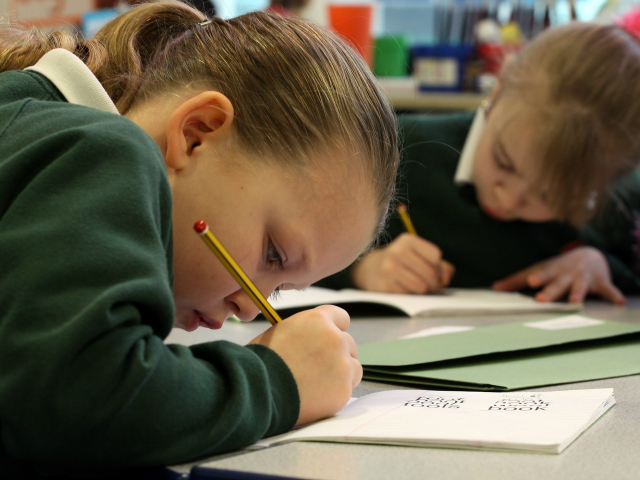The number of school-aged children moving to the UK from Europe rose eight-fold within a decade, government figures have revealed. In total, more than 126,000 children arrived in the UK between 2004 and 2014, according to official estimates.
Estimates from the Office of National Statistics indicate that 3,000 children came to the UK with their parents in 2004, the year that eight countries including Poland and three Baltic states joined the European Union (‘EU8’ countries).
By 2014, that figure had risen to an estimated 25,000 a year.
However, the figures are an estimate based on the International Passenger Survey, which is used to get a feel for how many Europeans are taking advantage of freedom of movement rules to move to the UK.
The figures arrived at by the survey have come in for severe criticism lately, with critics suggesting they may be leading statisticians to underestimate immigration from EU8 countries by as much as nearly half a million in the decade to 2010.
Others have pointed to the fact that 650,000 national insurance numbers were handed out in 2015, yet official statistics recorded just 260,000 immigrants from the European Union (EU) during the same period.
Nonetheless, John Pullinger, the national statistician, has written to Karl McCartney, a backbench Conservative MP, to inform him that an estimated 152,000 school-aged children came to the UK from European Economic Area (EEA) countries between 2000 and 2014, of whom more than 126,000 arrived after 2004, the Times has reported.
The EEA includes all European Union member states, plus Iceland, Lichtenstein and Norway. Swiss nationals are also free to work and live within Britain as Switzerland is signed up to the single market.
The figures include 21,000 Polish children, 13,000 Lithuanians, 7,000 Slovakians, 4,000 Romanians and 3,000 Bulgarian children arrived in the UK between 2000 and 2014.
Thanks to the limitations of the Survey, Mr Pullinger said it was impossible to give an annual breakdown of the number of children arriving.
In addition, a further 15,000 children came from Germany, 12,000 from France and 10,000 from Spain during the same decade.
Last month official projections showed that England is expected to suffer a shortfall of 10,000 primary school places within the next four years; a gap which the government insists will be filled by free schools.
Councils said they will need 336,000 more school places by 2024, prompting UK Independence Party education spokesman Paul Nuttall to warn: “unless we vote to leave the EU on June 23 the shortage of places will only get worse.”
Commenting on the latest figures, Lord Green of Deddington, chairman of Migration Watch UK said: “These figures illustrate the growing pressure on our schools as a result of EU migration. This is particularly difficult for local authorities who have no means of knowing when or where surplus places will be required.”

COMMENTS
Please let us know if you're having issues with commenting.